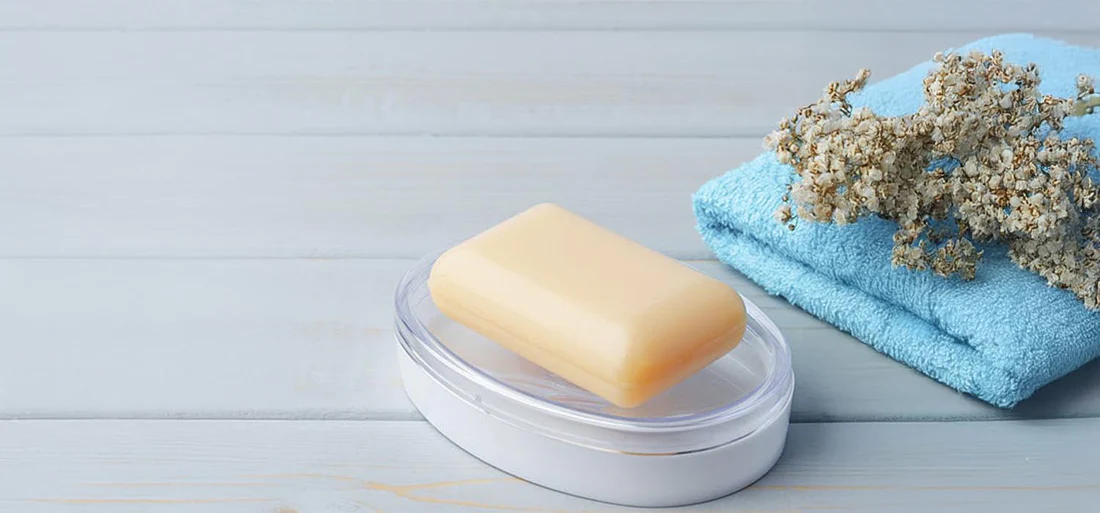When it comes to maintaining a clean and hygienic household, few items are as indispensable as dish soap. This humble product, often overlooked in the larger scheme of cleaning supplies, is a true workhorse in our daily routines. From cutting through greasy pans to shining up delicate glassware, dish soap is an essential tool in every home.
What is Dish Soap?
Dish soap is a specialized cleaning agent designed to remove food residues, grease, and bacteria from dishes, utensils, and cookware. Unlike general-purpose cleaners, dish soaps are formulated to be gentle on hands while effectively breaking down stubborn grime.
Most dish soaps contain:
- Surfactants: These reduce surface tension in water, making it easier to lift grease and dirt.
- Degreasers: These dissolve oils and fats, ensuring spotless results.
- Fragrances and dyes: To leave dishes smelling fresh and looking clean.
Why Dish Soap Stands Out
Dish soap is more versatile than its name implies. Beyond cleaning dishes, it serves multiple purposes:
- Grease Cutter: Ideal for cleaning kitchen counters and stovetops.
- Stain Remover: A few drops can help lift stains from clothing and upholstery.
- Window Cleaner: Mix with water to achieve streak-free glass surfaces.
- Outdoor Cleaning: Perfect for washing cars, garden tools, and even patio furniture.
Environmental Considerations
The dish soap market is evolving to meet consumer demands for eco-friendly products. Many brands now offer biodegradable formulas, free from harsh chemicals like phosphates and sulfates. These products are not only safer for your skin but also better for the environment.
Tips for Choosing the Right Dish Soap
- Skin Sensitivity: If you have sensitive skin, opt for hypoallergenic or fragrance-free options.
- Tough Jobs: For heavy-duty cleaning, choose a concentrated formula.
- Eco-Friendly Options: Look for labels that mention biodegradable ingredients and cruelty-free practices.
- Value for Money: A little goes a long way with concentrated dish soaps, saving both time and money.
DIY Dish Soap
For those who enjoy a touch of DIY, making your own dish soap can be a rewarding and sustainable practice. Here’s a simple recipe:
- Ingredients:
- 1 cup liquid castile soap
- 1 tablespoon baking soda
- 1 teaspoon vegetable glycerin
- A few drops of essential oil for fragrance
- Instructions:
- Mix all ingredients in a reusable bottle.
- Shake well before use.
- Enjoy a natural, effective cleaning solution!
Final Thoughts
Soap dish soap might be a small item in our homes, but its impact is significant. It simplifies cleaning tasks, supports hygiene, and even contributes to sustainability when eco-friendly options are chosen. So, the next time you reach for that bottle of dish soap, take a moment to appreciate its role in making your daily life a little easier and a lot cleaner.
FAQs
1. What is dish soap used for?
Dish soap is primarily used to clean dishes, utensils, and cookware by removing grease, food residues, and bacteria. It can also be used for other cleaning tasks, such as washing windows, removing stains, and cleaning kitchen surfaces.
2. Is dish soap safe for the environment?
Many dish soaps are formulated with biodegradable ingredients, making them safe for the environment. Look for eco-friendly labels that specify the product is free from harmful chemicals like phosphates and sulfates.
3. Can dish soap be used on surfaces other than dishes?
Yes, dish soap is highly versatile. It can be used to clean countertops, glass, stainless steel, and even floors. Diluting it with water ensures it is safe for most surfaces.
4. Is it okay to use dish soap for washing hands?
Dish soap can be used to wash hands in a pinch, as it is formulated to remove grease and dirt. However, it might not be as moisturizing as regular hand soap and could dry out your skin with frequent use.
5. What should I do if dish soap causes skin irritation?
If dish soap irritates your skin, switch to a hypoallergenic or fragrance-free formula. You can also wear gloves while washing dishes to minimize skin contact.
6. Can dish soap be used in a dishwasher?
No, regular dish soap should not be used in a dishwasher, as it creates excessive suds that can damage the machine and cause leaks. Use dishwasher detergent specifically formulated for dishwashers.
7. How do I choose the right dish soap?
Consider your cleaning needs, skin sensitivity, and environmental preferences. For tough grease, choose a concentrated formula. For sensitive skin, opt for a gentle, fragrance-free variety.
8. Can dish soap remove stains from clothes?
Yes, dish soap can help remove grease and oil stains from clothing. Apply a small amount directly to the stain, gently rub it in, and rinse with water before laundering.
9. What is the difference between antibacterial and regular dish soap?
Antibacterial dish soap contains ingredients designed to kill bacteria, making it ideal for sanitizing dishes. Regular dish soap is effective at cleaning but may not kill bacteria as thoroughly.
10. Can I make my own dish soap?
Yes, you can make dish soap using simple ingredients like liquid castile soap, baking soda, and essential oils. DIY dish soap is a cost-effective and eco-friendly alternative to store-bought options.
11. Is dish soap safe for pets?
Some dish soaps are safe for washing pet dishes or even bathing pets. However, ensure the soap is free from harsh chemicals or fragrances that might irritate your pet’s skin. Always rinse thoroughly.
12. How should I store dish soap?
Store dish soap in a cool, dry place, away from direct sunlight. Ensure the cap is closed to prevent spills and maintain the soap’s effectiveness.
13. Does dish soap expire?
Dish soap typically has a long shelf life, often around two years. However, its effectiveness may diminish over time. Check for changes in color, texture, or scent to determine if it’s still usable.
14. Can dish soap unclog drains?
Dish soap, when combined with hot water, can help dissolve grease and unclog minor drain blockages. Pour a generous amount of dish soap into the drain, followed by boiling water.
15. What are some creative uses for dish soap?
Dish soap can be used to:
- Clean jewelry
- Wash fruits and vegetables (use mild soap and rinse well)
- Create homemade bubble solutions
- Control pests in the garden (when diluted with water)











